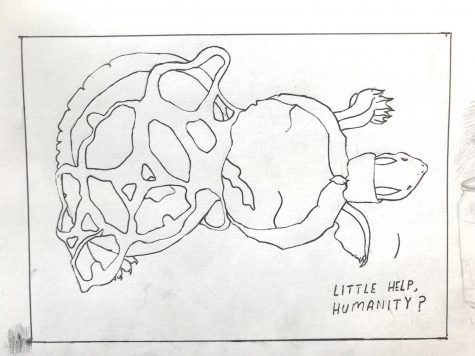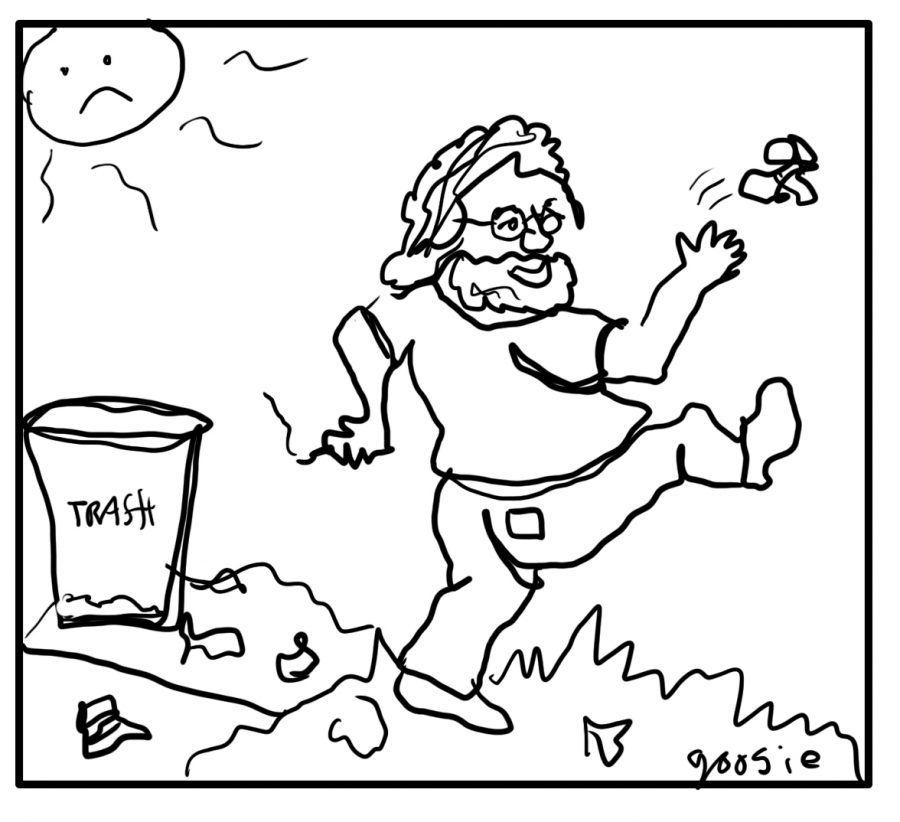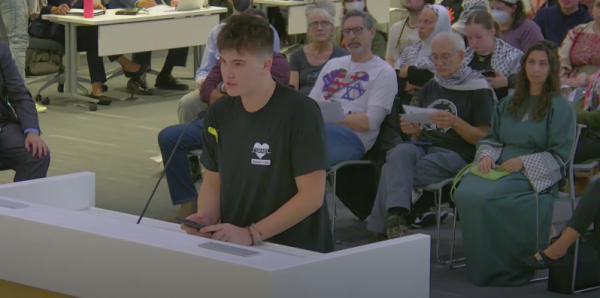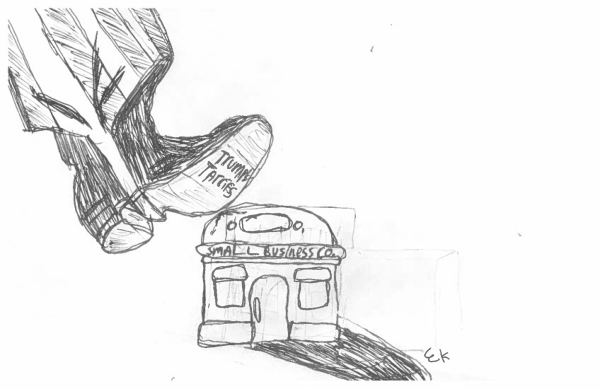Exposing the Hidden Costs of Litter
“Every year, millions of fish, birds and other animals are negatively affected by pollution and garbage in their environments.”
People often litter without thinking about it, or ignore it when others do. They don’t realize the effect it has on the earth, animals and even our lives.
Last year, the middle school Student Council organized a trip to Edgewater beach. About 12 students picked up trash for about two hours and cleaned up around 100 pounds of refuse.
This past weekend, the freshman class organized and conducted another cleanup to get rid of another 70 pounds of trash.
About 51 billion pieces of litter end up on the ground throughout America—that’s about 6,729 pieces per mile.
In 2006-2010, the Ohio Department of Transportation spent over 17 million dollars to clean roads on Ohio highways, cleaning up about 2,138,176 bags of trash. Ohio spends about 4.4 million dollars each year reducing the amount of litter on our streets.
In fact, Cuyahoga County Council recently considered a measure to ban single-use plastic bags. Efforts such as these stem from the fact that our land and waterways have taken a big hit from litter.
Weather, traffic and animals move litter into areas where debris can be carried by storm drains into waterways, which contaminates the environment.
Every year, millions of fish, birds and other animals are negatively affected by pollution and garbage in their environments. Tobacco products, such as cigarette butts and cigar tips are among the most commonly littered items on beaches in Cleveland.
According to Robert Carillio of the North American Native Fishes Association writing for CoolCleveland, one cigarette butt left in a gallon of water for one day can kill about 80% of aquatic life, and 32% of litter at storm drains (such as the giant one at Edgewater Beach) is tobacco products. These products are not easily decomposed, posing hazards to land and aquatic animals because they mistake the debris for food. This can lead to major health problems such as choking and the blocking of breathing passages and stomach.

According to the Whale and Dolphin Conservation, about one million birds and 100,000 marine mammals and sea turtles die each year around the world when they become trapped in plastic or eat it.
But the consequences of litter is not limited to animals. Littering and pollution have a huge effect on our lives; we just don’t realize how large that effect may be. For example, excessive litter in a community can decrease property values by 7%. Another is the process of decomposition for different types of matter. Even though all materials break down eventually, some materials break down at a much slower rate than we expect.
According to the Science Learning Hub, aluminum, a metal used in many types of cans, can take up to 80-100 years to disintegrate. On the other hand, styrofoam and plastic can take 500 years to decompose but may never actually break down.
Many different biodegradable materials may not end up decomposing as fast as they usually do in certain places. When you throw trash away, it all ends up in a large trash dump called a landfill. Certain materials, including tree trimmings, food products and paper take a very short time to completely break down in soil. However, other materials may take much, much longer.
Instead of littering, throwing away our trash or even recycling, our best option is to try to decrease the amount of garbage we create. We can reduce our waste by switching to reusable bags, straws, and cups, as well as using recyclable material in our one-use items.
Doing so would reduce pollution and would benefit plants and animals everywhere, including our own health. Overall, there is endless litter, which is causing an excessive amount of pollution, hurting far too many animals and ultimately hurting all of us.












